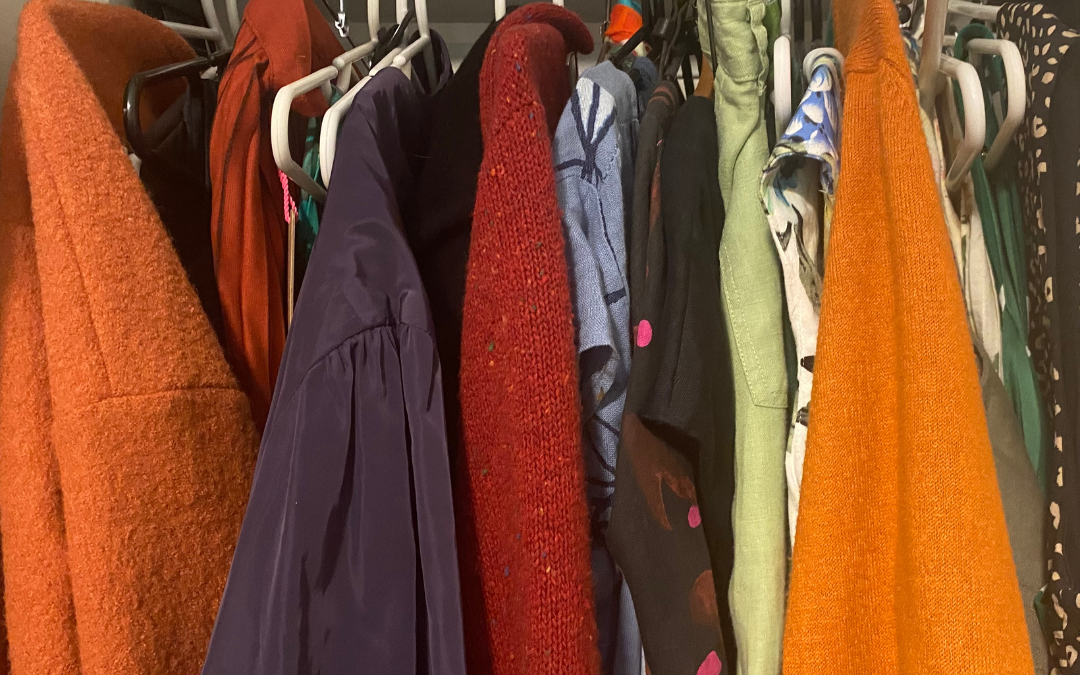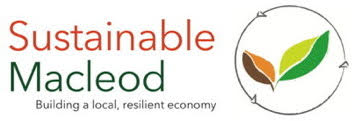Trump’s tariffs impact fashion waste in Australia

An outcome of Donald Trump’s tariffs is likely to be the dumping or perhaps aggressive marketing of ultra-fast fashion in Australia. Ultra-fast fashion is clothing intended to be worn once or twice and discarded. Chinese companies such as Temu and Shein, known for ultra-cheap clothing that damages the environment and which pay extremely low wages to developing world workers, is now being penalised in the American market by the closing of the ‘de minimalis’ scheme and companies such as these will be looking for new markets.
The ‘de minimalis’ scheme allowed packages of less than $US800 value to be imported without customs duty or other taxes. This scheme has, since May, been closed to China though it is likely that American importers have stock-piled garments for the short-term. Ultra-fast companies will be looking for alternative markets in Australia, Brazil and Europe and they have the money, courtesy of our purchases and deep reach into markets worldwide, to market aggressively.
The fashion industry is responsible for 4% of global carbon emissions. Very cheap clothing creates a challenge for people dealing with the cost-of-living crisis versus principled buying. Some will opt for cheap clothing, others for the environment. For many people who are ignorant of the damage ultra-fast fashion does, aggressive marketing is likely to lure them into purchases that do not last and are quickly discarded, adding to the problem of textile landfill. Tonnes of textiles that go to op shops cannot be recycled and much of this is ‘plastic’ clothing – clothing made from polyester and other synthetic materials – which can be produced cheaply but cannot be recycled at end of life.
Regulation of the fashion industry (which is largely unregulated) would help reduce the impact of fast- fashion but consumers also need to take stock and make sustainable choices. This requires a psychological shift by individuals and understanding of, price aside, why we feel the need to buy clothing that is discardable after several wears. One commentator has suggested a new piece of clothing is akin to a hug and that our self esteem is dependent on the bond we have with new clothing. Others say that the need to purchase fast-fashion is a toxic relationship from which we need to wean ourselves. Commentators agree that the break-up process is psychologically messy and difficult. It also takes time, like any break-up.
Here’s a compilation of suggestions to get started:
- place a moratorium on buying anything new for a set period of time
- wear, wear out or redesign whatever is in your wardrobe
- avoid buying anything new
- buy vintage or secondhand
- unsubscribe to websites that advertise cheap clothing
- find something else to give you a buzz
- recognise that your sense of self is not dependent on new clothes
- research which brands are sustainable and ethical and stick to them (to save money, look out for their sales)
- buy good quality pieces when you need to – start with one and increase until you have a sustainable wardrobe.
So, is the problem Trump’s tariffs or lack of Australian regulation? Or aggressive marketing by ultra-fashion companies or our dependence on the exciting, fast-tracked delivery that constantly arrives in the mailbox or on the front door step? These all play a part but whatever the case, as a planet, we need to reduce the huge environmental impact that our purchasing is causing and recognise that the fast-fashion industry is a massive contributor to climate change, producing more emissions than all the airlines and ships in the world combined, contaminating more land and water through pesticides and dyes, and is a form of modern slavery for the workers whose wages are less than 1% of the value of the garments we buy. One way to end this is to stop purchasing ultra-fast fashion.
Written by Robin Gale-Baker
The following websites give lists of sustainable and ethical brands in Australia, and remember the op shops.
Ethical clothing Australia:
https://ethicalclothingaustralia.org.au/shop-ethically/?-
Good on you:
https://goodonyou.eco/most-ethical-and-sustainable-clothing-brands-from-au-and-nz/
Vogue Australia:
https://www.vogue.com.au/fashion/news/sustainable-australian-clothing-brands/image-gallery/
Previous article from Sustainable Macleod ‘Fast fashion more dangerous than we think’:
https://sustainablemacleod.org.au/fast-fashion-more-dangerous-than-we-think
